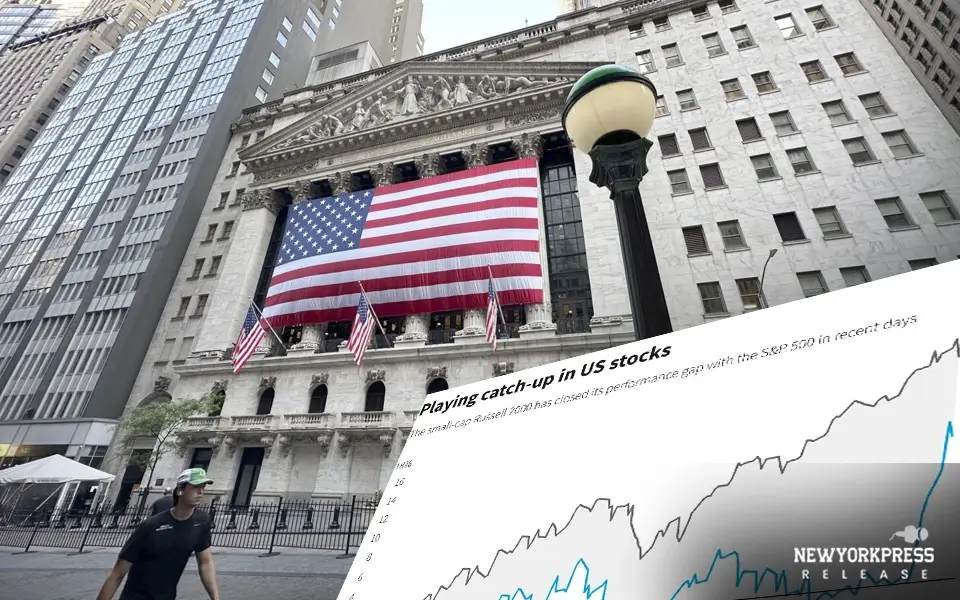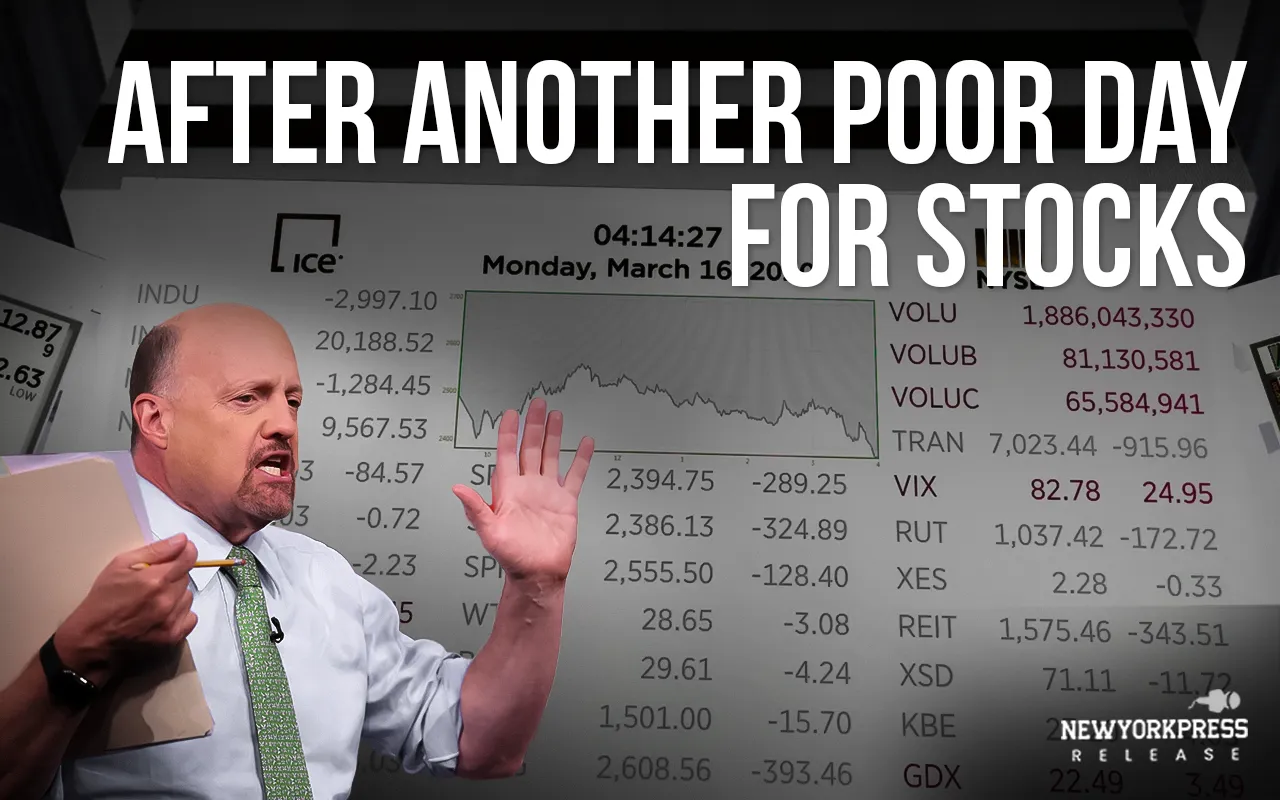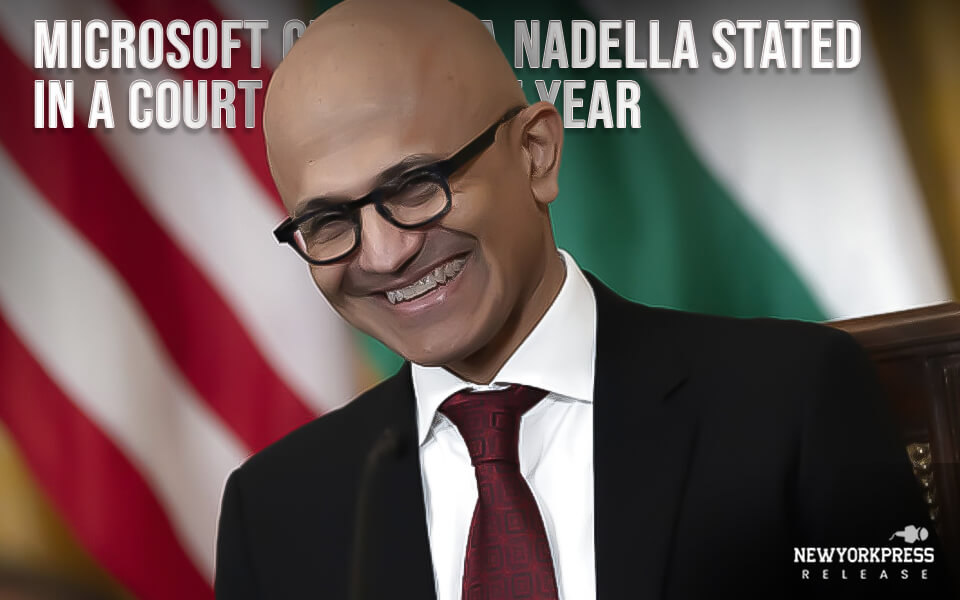The Democratic Party was increasingly becoming nervous about losing the vote of unionized workers, a bedrock constituency for decades, on October 17, 2024. There has been plenty of discussion about the Biden administration’s actions on pro-labor policies, which include consideration of the Protecting the Right to Organize (PRO) Act, but much work remains as so many union members remain hesitant to vote in strength supporting Democratic candidates ahead of the 2024 election. This could have a profound impact on the Democratic Party strategy moving forward in swing states where union votes have long made elections.
Pro-labor legislation had also been at the core of the agenda of the Biden administration through improving labor rights by offering greater security to employees wanting to unionize. Even after passing pro-labor legislation, and having also increased interaction with unions, many have complained that their economic concerns are still being ignored. For example, the party’s handling of issues dealing with trade, regulation, and job security has alienated members of the organized labor force, including unionized sectors like manufacturing, transportation, and energy.
Former President Donald Trump has exploited this perception and presents himself as a militant working-class advocate and now promises to restore all the lost jobs thanks to globalization. The populist message by Trump, accompanied by anti-free trade agreement policies that he claims have progressively affected American workers, has been appealing to many in the labor force. Polls suggest that an enhanced proportion of unionized workers are voting for Republican candidates, meaning a threatened end for Democrats.
Another related source of frustration for union leaders is the belief that the party is throwing blue-collar workers under the bus. While some unions withheld their endorsement, other unions have expressed the concern that the Democratic Party has become too fixated on issues like climate change and social justice, important issues though they are, perhaps not as closely pressed to overall economic concerns of working-class voters.
Union support might be the biggest obstacle to the Democratic Party’s ambition to dominate the White House once again in 2024. Absent that buoying union support, the party could not gauge the traction of key voter blocs within critical swing states like Pennsylvania, Ohio, and Michigan where, collectively, the electoral strength of unionized workers has historically carried the difference.




